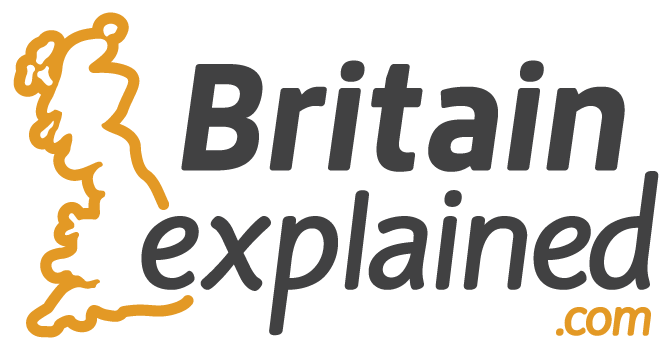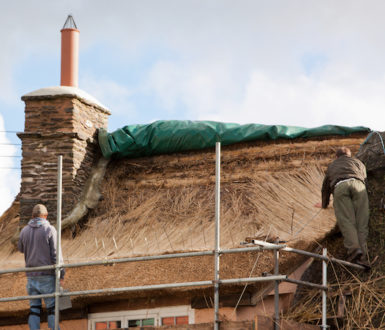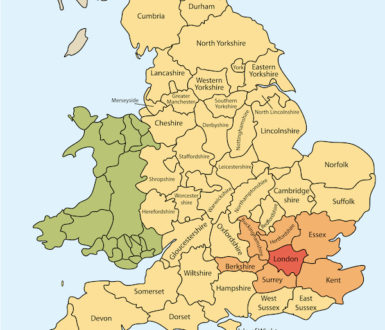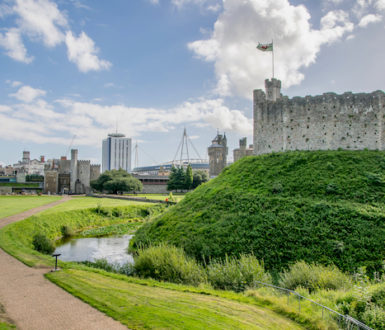The history of British place names
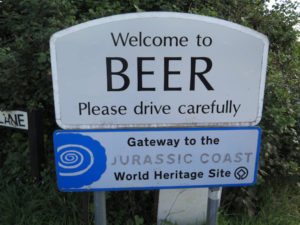
Woolley. Boconnoc. Piddlehinton. Town and place names in Britain might seem meaningless or funny, but they actually offer a fascinating insight into the history of the island.
For example, many place names describe a feature of the landscape – just not in modern English. Some names are Celtic and can be over 2,000 years old. Other names come from the times of the Romans, Angles or Saxons from Germany, Vikings from Denmark and Norway, or Normans from France. From place names we can learn where these invaders went and sometimes what they did.
For example:
- Wetwang (East Yorkshire) means ‘field for legal action’ in Old Norse (a Viking language)
- Little Snoring (Norfolk) means ‘small place of Snear’s people’ in Anglo-Saxon
- Belvoir (Leicestershire) means ‘beautiful view’ in French.
- Beer (Devon) means ‘small area of woodland’ in Anglo-Saxon
Some names are a mix of languages. Eccleshall (Staffordshire) means ‘church corner’ in a mix of Celtic and Anglo-Saxon.
Sometimes places include the name of a ruling family from past times. For example, Curry Mallet (Somerset) is named after the river Curry and the French name de Malet. In other places, there is the name of the patron saint of the village church, like Down St Mary in Devon (‘hill of St Mary’ in Anglo-Saxon).
If you want to find out more, the University of Nottingham has created a website that lets you explore the meanings of many town and village names.
* Wolf wood in Old English
** Connec’s dwelling in Primitive Cornish
***Old English, meaning family farm on the river Piddle, a word of German origin.
Image: Johnnywalker61/Dreamstime
